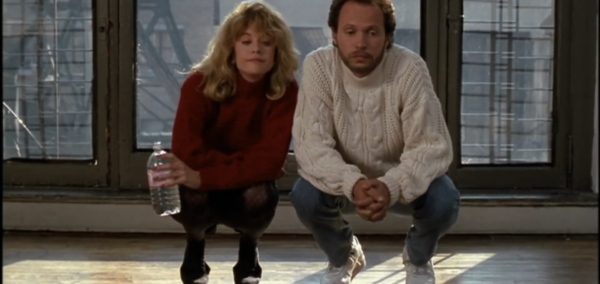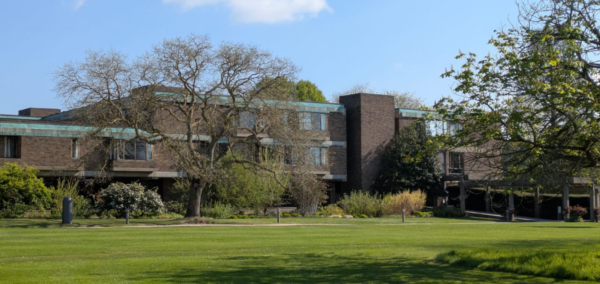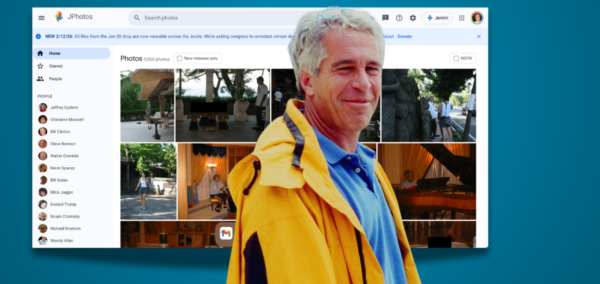
Cardiff student says she was chased for uni fees and received no support after being raped
Final year student Lily had to take an interruption of study
A Cardiff University student has said she received no support from the university and was chased for her fees after she was raped.
The student, Lily, whose name has been changed, was in her final year at the university when she was raped in 2021.
After the incident, she received extensions on her coursework but finally decided she would take an interruption of study.
She agreed on resitting her exams and paying a £150 resit fee per exam. However, when she returned to university in 2022, she was told to pay £9,000 for the full academic year.
She told the BBC: “I was getting letters saying ‘we’re going to kick you off your course if you don’t pay’.
“It was probably the worst time of my life and instead of getting any kind of support from uni, I was just getting more and more harassment about paying fees.”
She also had to go into detail about her experience with the financial team after they chased her for the tuition fees.
Lily said she felt “let down” by the university and has not received an apology for how she was treated. Instead, the finance team just stopped sending her emails.
Along with other students who spoke to the BBC, Lily said she did not know about Cardiff University’s Disclosure Response Team (DRT) who support victims of abuse, bullying, and assault.
Between 2017 and 2022, DRT received 695 reports of sexual misconduct, according to a recent FOI request by Emily Carr. However, only one student was permanently excluded as a result of these reports, which is 0.3 per cent.
The recent FOI has led to a motion being put forward for Cardiff University’s next AGM, which calls for the university to provide students with more support following sexual assaults.
The university also added that the reports were “not always perpetrated by a member of the university community”.
It also said: “There is a proportion where the perpetrator is unidentified, that cannot be followed up.
“There is also a proportion where the perpetrator is not known to the victim.”
Lily said she found the numbers “staggering” especially as many victims don’t report the crimes.
She added: “You feel like you’re the only person this has ever happened to you because no one talks about it,” she said.
“But those numbers show you’re not alone.”
Another student, Hannah Norman was raped during the summer before first year, and she explained that “for the first and second years of uni, I felt like there was nowhere for me to go”.
Hannah also didn’t know about DRT and only realised it existed after she started a group for survivors.
She was living in Talybont at the time student raped another student, and she says she wishes that the university had made residents aware as she was only made aware of the incident via the news.
She added: “We have the right for the uni to report to us if something’s happened in our facility. It makes you feel unsafe and you’re just like ‘who am I living around?'”
Cardiff University’s new Vice-Chancellor, Professor Wendy Larner said she wants to “meet these individuals to discuss their concerns.” The university also said it will be conducting a review on how DRT is promoted.
Cardiff University’s Students’ Union told the BBC that “student wellbeing is a central priority” and it “heavily invests in safety measures that go above industry best practices”. However, it did also add that it “wholeheartedly agreed” that more needs to be done “to understand why students do not report serious incidents”.
If you or someone you know has been affected by this story or any of the issues mentioned, contact Refuge on their free 24/7 helpline 0808 2000 247 or contact Rape Crisis online for a free confidential chat helpline.


















